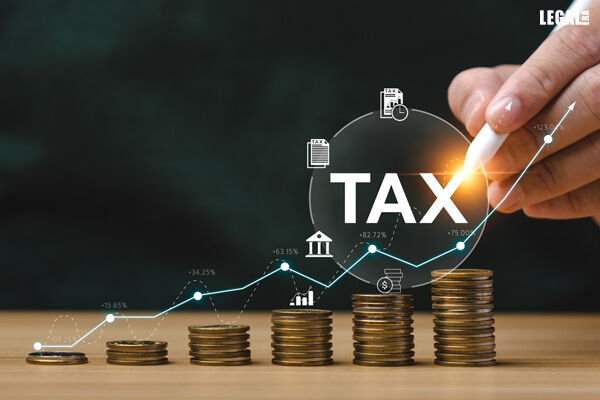
ITAT Rules Income Declared During Survey is Taxable as Business Income, Not Under Section 115BBE
“Income tax tribunal holds Section 28 applies to survey income, not Section 115BBE”
In a significant ruling, the Jaipur Bench of the Income Tax Appellate Tribunal has clarified the tax treatment of income declared during a survey under Section 133A of the Income Tax Act, 1961. The Tribunal held that such income, when arising from business activities, should be assessed under Section 28 as business income, thereby rejecting the applicability of Section 115BBE, which deals with taxation of unexplained income.
Background of the Case
The case involved Bharat Associates, a partnership firm based in Bundi, Rajasthan. A survey was conducted on the assessee under Section 133A on March 9, 2016, during which certain income was surrendered. The assessee, in its return of income, included the surrendered amount under the head “business income”. However, the Assessing Officer disagreed with this classification and treated the surrendered income as unexplained income, invoking the provisions of Section 115BBE, which imposes a higher rate of tax on income deemed unexplained under sections such as 68, 69A, 69B, and 69C. The Commissioner of Income Tax (Appeals) [CIT(A)] upheld the AO’s stance.
Arguments Presented Before ITAT
Challenging the CIT(A)’s decision, the assessee’s counsel contended that the surrendered income clearly pertained to the business activities of the firm and was rightly classified as business income. It was argued that the application of Section 115BBE was both legally unsustainable and beyond jurisdiction, as the income did not fall within the ambit of unexplained cash credits or investments. The counsel relied on consistent judicial precedents that have held that surrendered income, when attributable to business, should be taxed under Section 28 and not under penal provisions designed for unaccounted or unexplained assets.
Observations by the Tribunal
The two-member bench, comprising Shri Gagan Goyal (Accountant Member) and Shri Narinder Kumar (Judicial Member), carefully examined the facts of the case and the legal framework. The Tribunal took note of the following key points:
- The surrendered income was duly incorporated in the books of accounts.
- There was no indication of the income being from sources outside the business operations.
- Precedent judgments have consistently held that income declared during surveys, in the course of regular business, does not attract Sections 68 to 69C.
Based on these observations, the Tribunal concluded that Section 28 was the appropriate provision for taxing the declared income.
Ruling and Implications
The ITAT decisively set aside the application of Section 115BBE, holding that there was no legal basis to treat the surrendered income as unexplained. Instead, it ruled that the income was rightly disclosed and taxable under Section 28 as business income. This ruling is expected to have wide-ranging implications for assessees undergoing surveys under Section 133A. It reinforces the principle that not all income surrendered during a survey should be indiscriminately classified under unexplained income provisions, particularly when such income arises from regular business operations.
The decision of the Jaipur ITAT provides much-needed clarity on the classification of survey-based income and reiterates the importance of contextual evaluation of the source of income. It upholds the taxpayer’s right to a fair and lawful assessment process and draws a clear line between legitimate business income and genuinely unexplained or concealed income. As the income tax landscape continues to evolve, this ruling reaffirms the necessity of adhering to judicial precedents and statutory interpretation, rather than relying solely on punitive provisions.